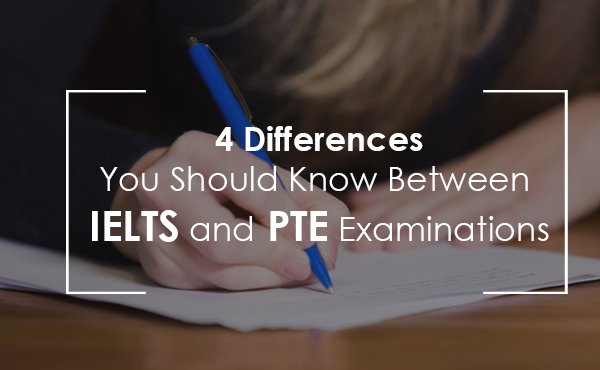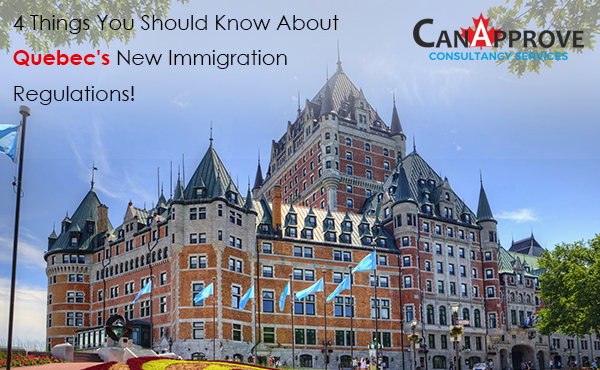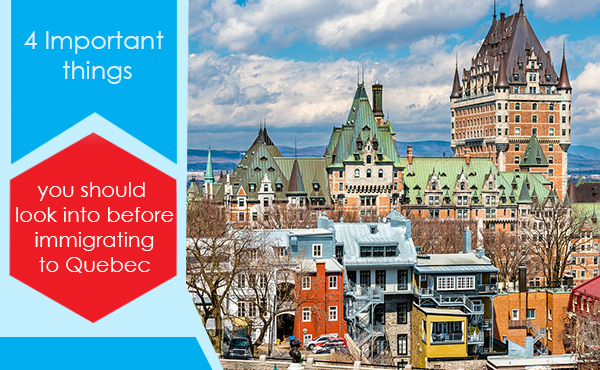Every Canadian citizen and permanent resident is entitled to mobility rights as per Section 6 of the Canadian Charter of Rights and Freedoms. The charter has ensured for every permanent resident the right to move, settle and earn a livelihood anywhere in the country.
Section 6(2) of the Canadian Charter of Rights and Freedoms states:
Every citizen of Canada and every person who has the status of a permanent resident of Canada has the right
- a) to move to and take up residence in any province; and
- b) to pursue the gaining of a livelihood in any province
It means you can move anywhere in Canada as a permanent resident.
Canada does not have any rules that require permanent residents to stay in a particular province. But the case is a bit different for PNP immigrants. The primary aim of the provincial nominee programs is to attract immigrants who can contribute towards the province’s economy. So obviously, the provinces want their nominees to stay in their province permanently. In their case, Canada has made provisions to ensure that the PNP immigrants are not using Provincial Nominee Programs (PNPs) for a back-door entry to the country.
Many PNP immigrants want to leave the province of their nomination and move to another province immediately after landing. But provincial authorities can prosecute them for misrepresentation. Because, when a person accepts the nomination of a province, he expressed his intention to live in the country that nominated him. In such cases, there are also chances for the permanent residency status of the immigrant to be declined or rejected.
But there is one way for PNP immigrants to move to another province. It is by proving that the province that nominated them could not provide an occupation in their nominated NOC. But the provincial authorities must be convinced that the concerned person tried his best before deciding to move to another province.
Following are a few things that you can do as a provincial nominee before moving to another province in order to avoid landing in troubles:
- Look for another job in the province that nominated you
- Document all your job searching activities
- Approach the office of immigration in your province
- Let the officials know the efforts you have taken to find a job
- If the officials are convinced about your reason to move to another province, you will be allowed to leave
Remember, it is ideal to get the province’s approval for your decision to move in writing
Want to know more about Provincial Nominee Programs and Canada immigration? Contact us now!








